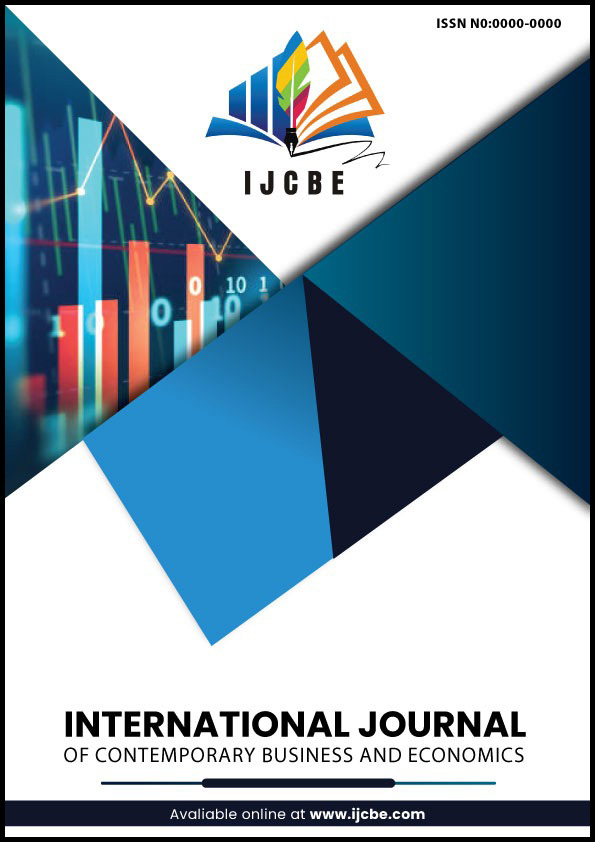The Role of Technological Innovation, Natural Resources, and Economic Growth in Fostering Environmental Sustainability: A Case Study of Thailand
DOI:
https://doi.org/10.61338/ijcbe.v1i02.16Keywords:
Ecological footprint, Economic Development, Technological Innovation, FMOLS, DOLSrted UAbstract
Thailand, an emerging economy, is seeing a rise in greenhouse gas emissions and environmental strain due to its significant dependence on non-renewable energy sources. In this sense, a nation's strategic utilization of technical innovation and resource management become essential requirements. Thus, using the EKC paradigm, this study investigates the relationship between ecological footprint, economic growth, natural resources, and technological innovation. To ensure reliable results, the study used co-integration, FMOLS, DOLS, and OLS approaches. The empirical result validates the existence of the EKC hypothesis, which states that sustained economic expansion causes environmental quality to first fall before improving over time with a doubling of per capita income. Moreover, it was discovered that the natural resource coefficients did not exhibit statistical significance in any of the equations, highlighting their theoretical value. On the other hand, technical advancements had a major detrimental effect that eventually reduced the ecological footprint It emphasizes how important environmental conservation is. In order to accomplish significant environmental improvement, the report suggests focusing more on innovation-driven initiatives and improving the management of natural resources.









